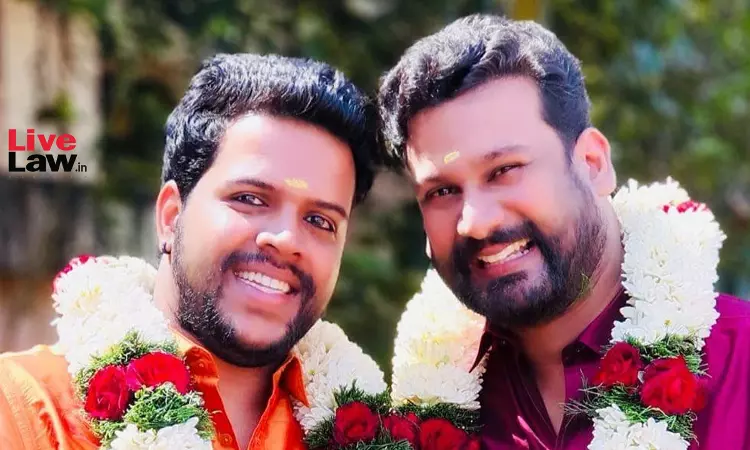Legalising Same-Sex Marriages : Interview Of Kerala’s First ‘Married’ Gay Couple
Rintu Mariam Biju
10 Jan 2023 10:06 AM IST

Next Story
10 Jan 2023 10:06 AM IST
Sonu and Nikesh got wedded in 2018. Shortly after, they heard the happy news - the Supreme Court had decriminalized Section 377 of the Indian Penal Code. Their joy knew no bounds. They began picturing the perfect life together. And it was, for a while. Soon, they were posed with a plethora of questions about their marital status. In every form and application, they were 'forced' to give...
